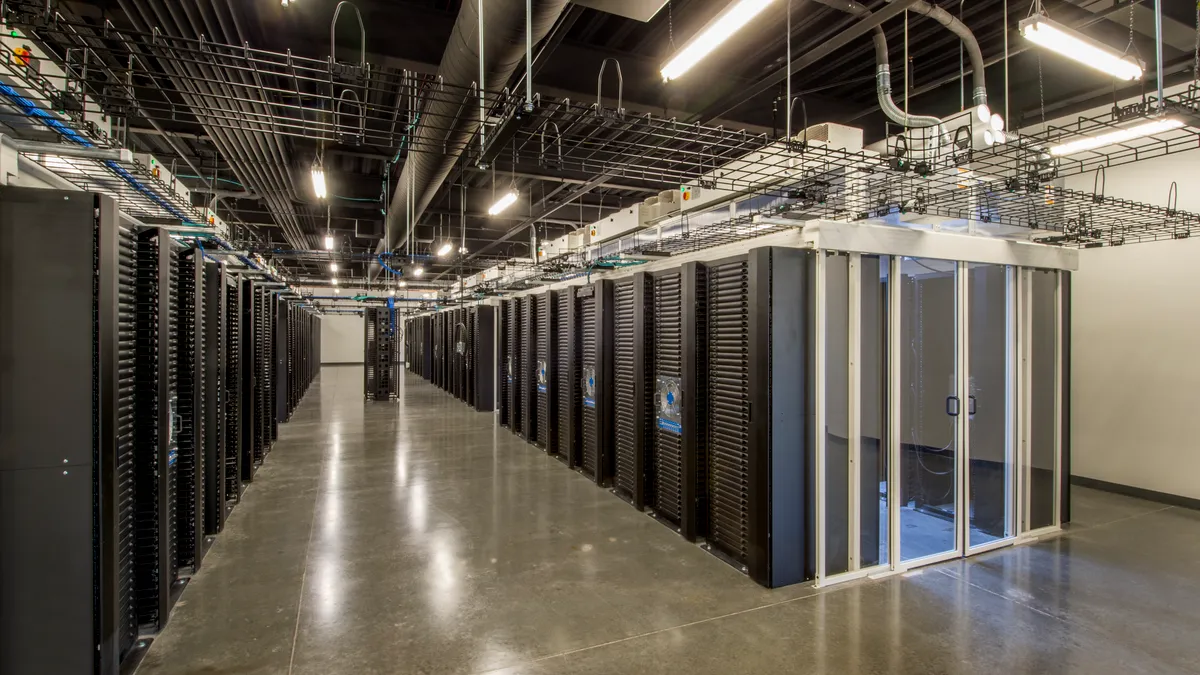Dive Brief:
- C-suite members are making significant investments in technology, but often only in certain silos or pockets of their organizations, creating what Accenture researchers in a survey report called the "innovation achievement gap." This gap separates technologies that have delivered results from those with potential alone, the researchers said.
- Accenture surveyed more than 8,300 organizations and scored them on certain tech adoption and cultural criteria. In the report, those organizations that scored in the top 10% of respondents were termed "leaders," while those who scored in bottom 25% were termed "laggards." Accenture said in a statement that leaders had double the revenue growth of laggards. In 2018 alone, laggards had 15% "foregone annual revenue," and that figure could increase to 46% in foregone annual revenue by 2023 if such organizations do not change their approach to technology, Accenture said.
- Organizations deemed leaders in the survey had several qualities that made their technology investments successful, Accenture said. Leaders: 1) adopt technologies that make their operations fast and flexible; 2) adopt cloud computing tech; 3) recognize data as an asset and ensure it is reliable; 4) invest in technology across departments; and 5) use experiential learning to train employees and invest in AI and analytics to predict workers' needs and match their skill requirements to training modules.
Dive Insight:
Accenture recommended that employers think broadly about adopting systems, but also recognized that investments in technology are more likely to be successful in organizations with engaged, well-trained employees.
This isn't a novel observation. In fact, Workhuman's 2019 International Employee Survey maintained that in the face of digitalization and fears of job loss caused by AI and robotics, the future of work will still be human-centric. Workhuman contended that for humans to thrive, employers must adopt programs and "human applications" that bring about respect, trust, gratitude, appreciation, equity and autonomy. A 2018 Mercer report agreed, arguing that the "human operating system" is vital to the adoption of new tech.
HR leaders have long recognized the value of adopting tech, but many say they lack the resources for digital transformation. Still, the upfront investment in technologies could be worthwhile in the long run, according to a Hackett Group study, which showed that automation could let HR organizations reduce costs by 17% and function with "26% fewer staff hours." The report also found operating costs for "world-class" HR organizations were 20% lower than the costs for non-digitally forward organizations.












